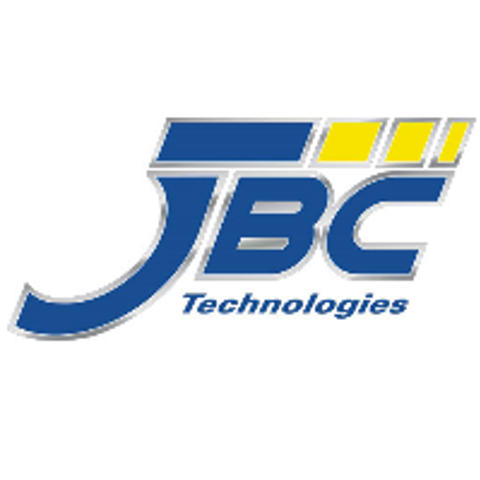
JBC Technologies
Explore insights and expertise on material science, die-cutting, and engineering solutions in JBC Technologies' blog, authored by their industry experts.

Explore insights and expertise on material science, die-cutting, and engineering solutions in JBC Technologies' blog, authored by their industry experts.
JBC Technologies is proud to announce the addition of waterjet cutting to our already expansive list of converting capabilities. Not only does the addition of waterjet cutting services enable us to offer our customers a broader range of converting solutions for high volume production, but it also arms us with yet another method to create quick turn prototypes, building on our digital die-cutting capabilities.
JBC Technologies is excited to announce the opening of its new manufacturing facility in Fitchburg, Wisconsin. The new plant, which boasts 44,000 square feet of manufacturing and warehousing space is almost double the size of JBC’s previous Madison location.
Skin is complex to bond to for a number of reasons And, turning skin-friendly tapes and adhesives into finished pulse oximeter bandages requires state-of-the-art equipment and engineering prowess that many converters don’t have. It is important to work with a converter that has strong relationships with multiple adhesive manufacturers as well as the high speed, precision die-cutting equipment needed to produce complex parts… and one that will go the extra mile to ensure customer success. This post outlines six reasons that JBC checks all the right boxes.
At JBC we cut specific shapes, slit to custom widths, swap liners, and present your part in the way that best suits your production environment. Not only that, we work with customers from early-stage design through high-volume production, providing value throughout the project lifecycle. This article, the last of our three-part series, explores four ways that working with a flexible materials converter like JBC Technologies can add value to your manufacturing process.
This article, the second in our three-part series, describes five common automotive applications that can benefit from a low surface energy adhesive. It will also discuss the benefits of each adhesive, as well as the advantages that JBC Technologies provides with our vertically integrated die-cutting and converting services.
Engineered plastics (like polypropylene and thermoplastics such as Nylon, COC, COP and PEBA, TPO, or TPE) and composites increasingly used in place of metals for automotive, appliance, aerospace, electronic, and medical applications. Yet while there are significant benefits to these materials, they are very difficult to adhere to due to a phenomenon called surface energy. This article, the first of our three-part series, will explain the importance of surface energy in the bonding process, and how 3M low surface energy (LSE) adhesives allow for a clean and secure bond on low surface energy plastics.